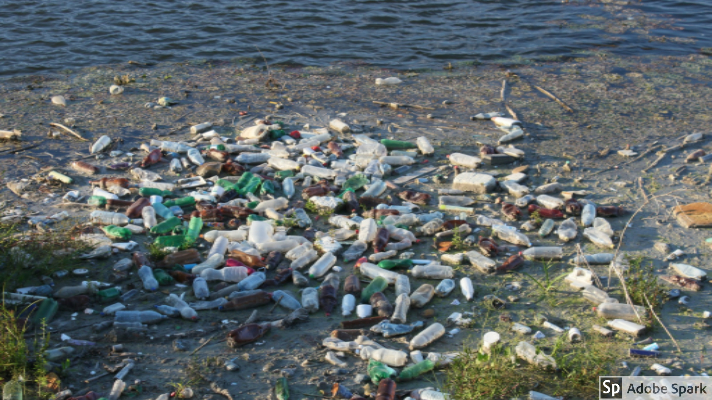Toms River, NJ - Clean Water Action State Director, Amy Goldsmith, testified at the joint annual meeting of the Senate Environment and Energy Committee and Assembly Environment and Solid Waste Committee. This year’s hearing focused on the state of recycling in New Jersey.
“Plastic pollution and our reliance on disposables are a growing environmental crisis and the fact that recycling cannot keep up with our production and consumption is an indication that it’s time for a new paradigm shift. In order to save recycling and stop plastic pollution, we need the state legislature and corresponding agencies to take action on policies that will incentivize reuse and waste prevention.
This is the one year anniversary since Governor Murphy vetoed a well-intended, but faulty ‘fee forever’ plastic bag bill that would have made it virtually impossible to significantly reduce plastic pollution. This opened a path for S2776/A4330, a stronger bill banning single-use carryout bags, Styrofoam food containers, and reduce plastic straw use. Despite generating thousands of constituent letters and comments in support of this bill and claims of legislative leadership support, it has not budged beyond the Senate Environment Committee.
Over 50 municipalities throughout the state are not waiting for the state to act. They have either passed or are in the process of drafting local ordinances to ban single use bags (plastic and/or paper), Styrofoam and allow straws only by request. Clean Water Action urges the NJ legislature to pass the strongest form of S2776/A4330 before year end and support other waste reduction policies and programs that focus on systemic solutions.
While the hearing today is focused on the state of recycling - a form of “after use” waste management, Clean Water Action’s award winning program, ReThink Disposable provides practical cost saving measures for local businesses and institutions that prevent waste and the need to manage it before it starts. By creating less waste and fewer recyclables, municipalities and taxpayers can also save hauling and disposable costs.
The plastics industry admits that much of its packaging including bottles never gets to a recycling facility. Clean Water Action has shown through its ReThink Disposable initiative that a 90% reduction in straw use can occur by offering straws only on demand. Restaurants not need to pay for plumbers to unclog their drains of straws. Other vendors like the staying and branding power of a reusable cup or bag.
Working at the business and institutional level, Clean Water Action has demonstrated that building reuse and waste reduction into the economy, just like we did with recycling decades ago, is a win-win and can go a long way in changing consumer habits, the packaging industry and the composition of the waste and recycling stream.
Another form of recycling that cannot be ignored is the composting of food products. When food is dumped in a landfill, it generates methane, a global warming agent that is 86 times more potent than CO2. When sent to an incinerator, it is equivalent to burning water. The state was on the right path when it decided to direct food to true composting facilities; but Clean Water Action was disheartened when language was included in A3726 in the final hour that allows food materials to continue to be sent to landfills and incinerators for a long time to come. This is an insult to what we call recycling and composting. We, therefore, along with many others urge the Governor to remove any reference to allowing landfills and incinerators to accept food waste through a conditional veto. Clean Water Action also calls on the legislature to support their original intent to properly compost, not landfilling or incinerate food.
We must use all of our available as well as create new policies, enforcement tools and financial incentives to make less waste first and foremost, reuse what we can, recycle and compost what we must, and avoid burning or burying as much as possible.
